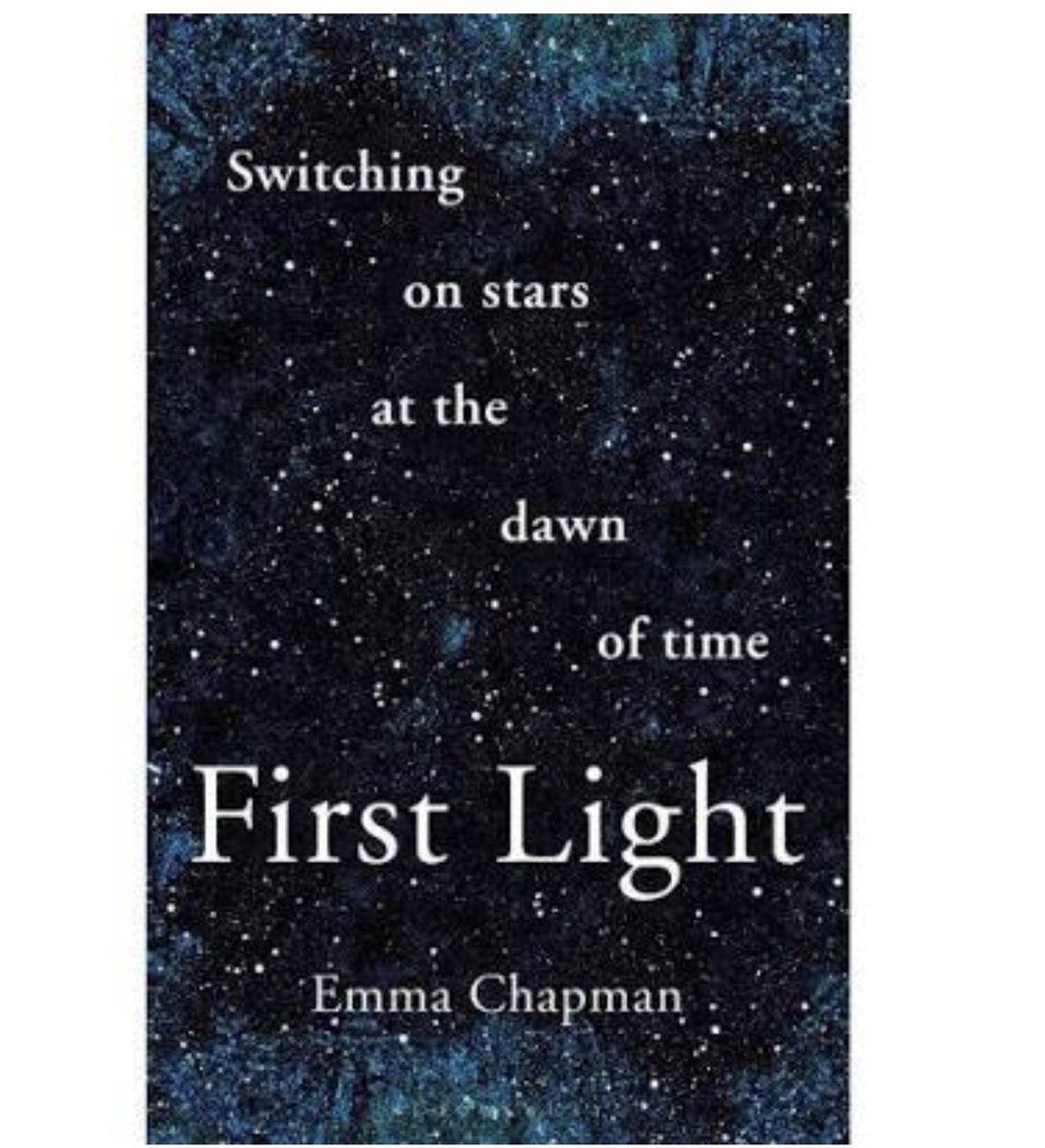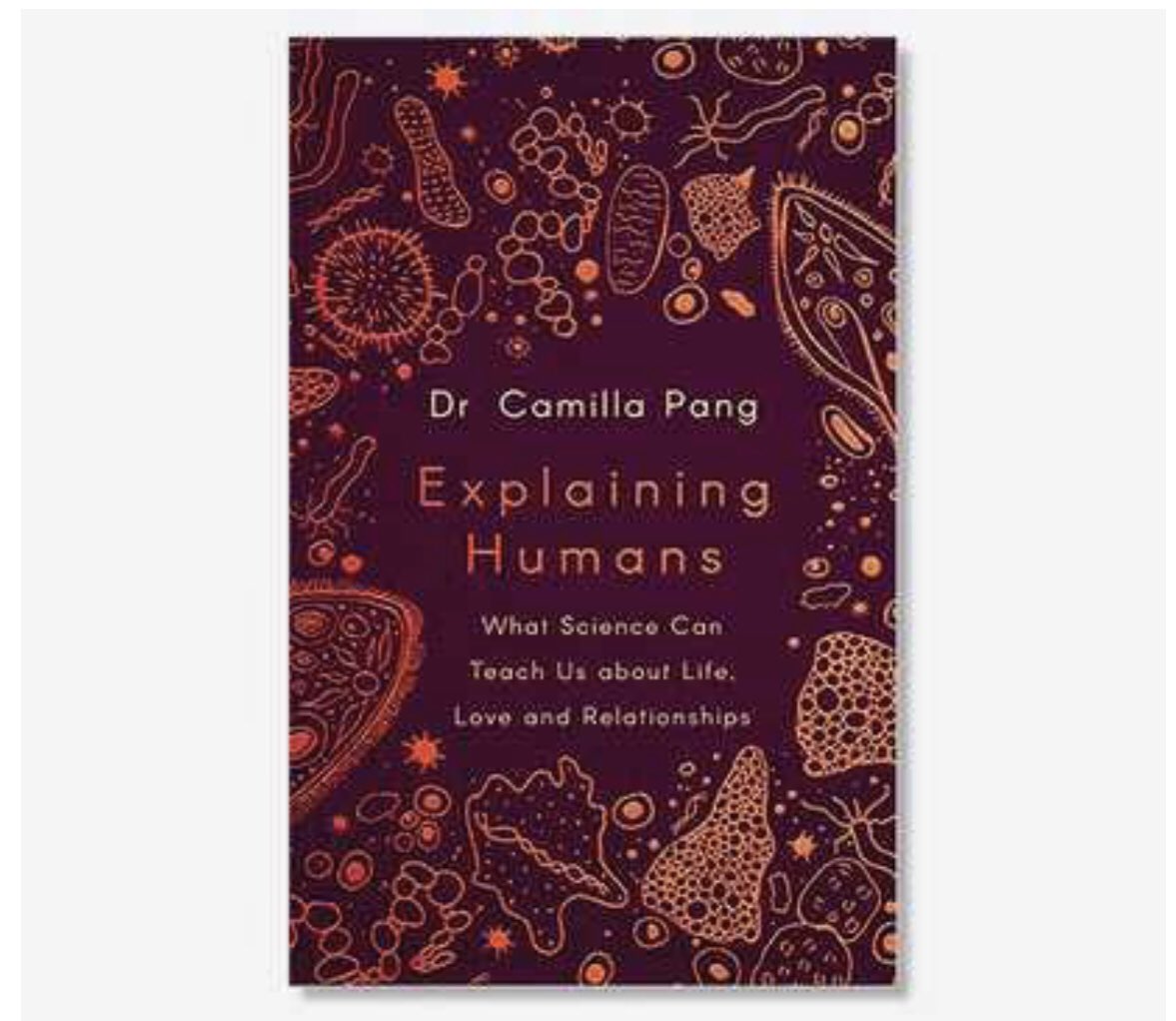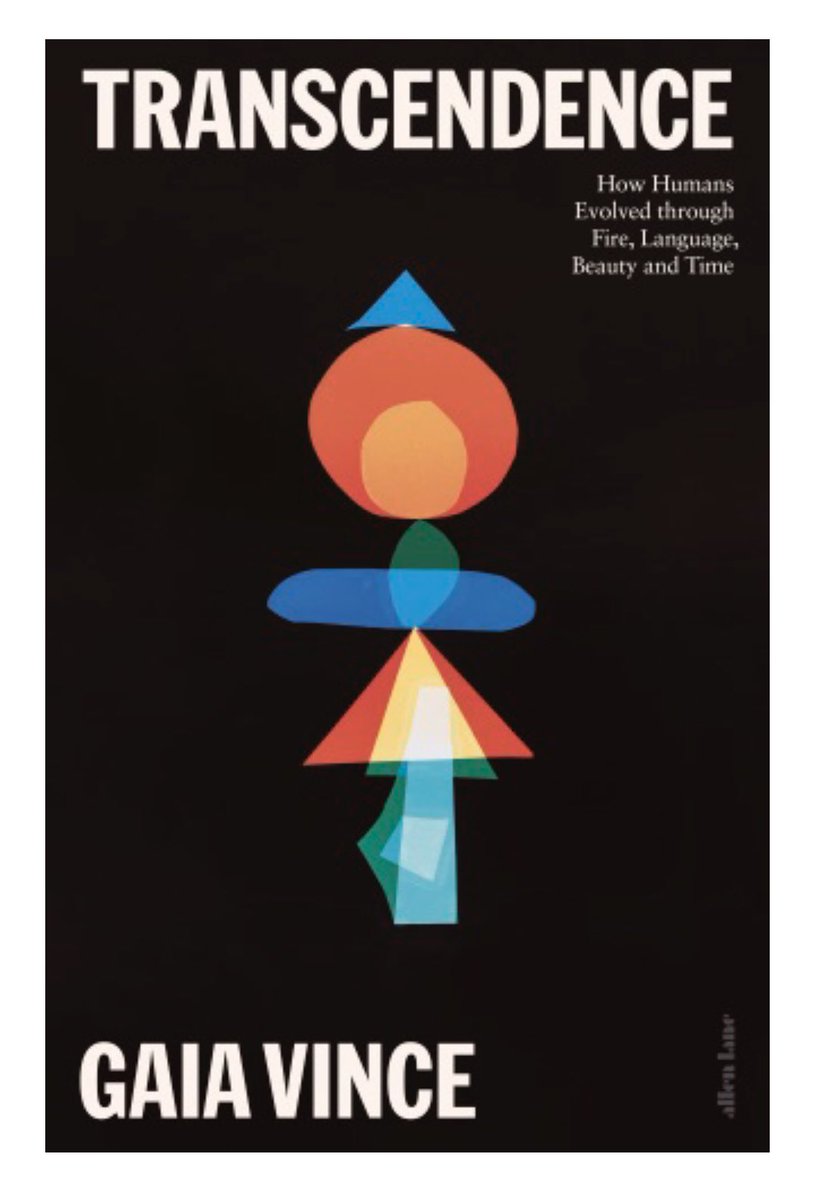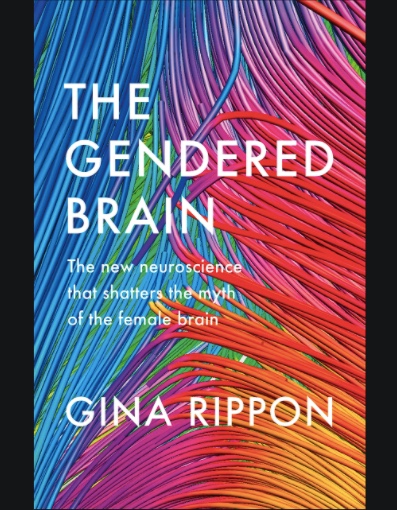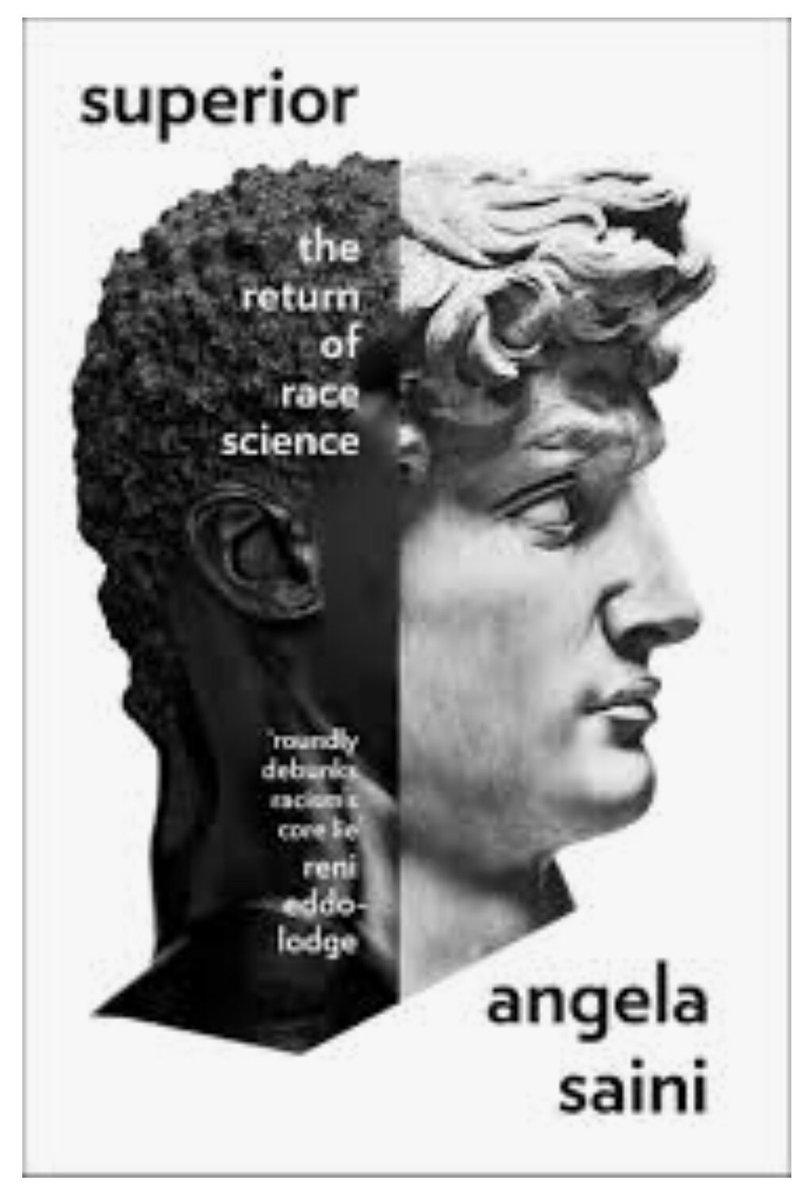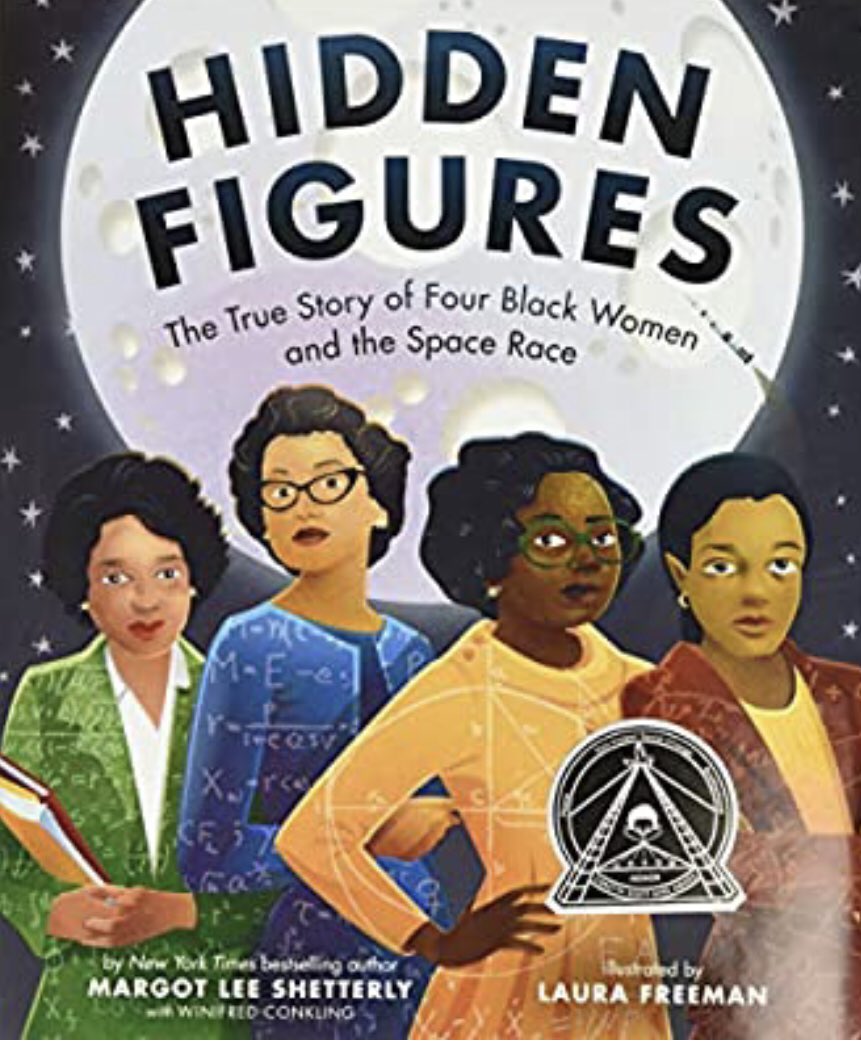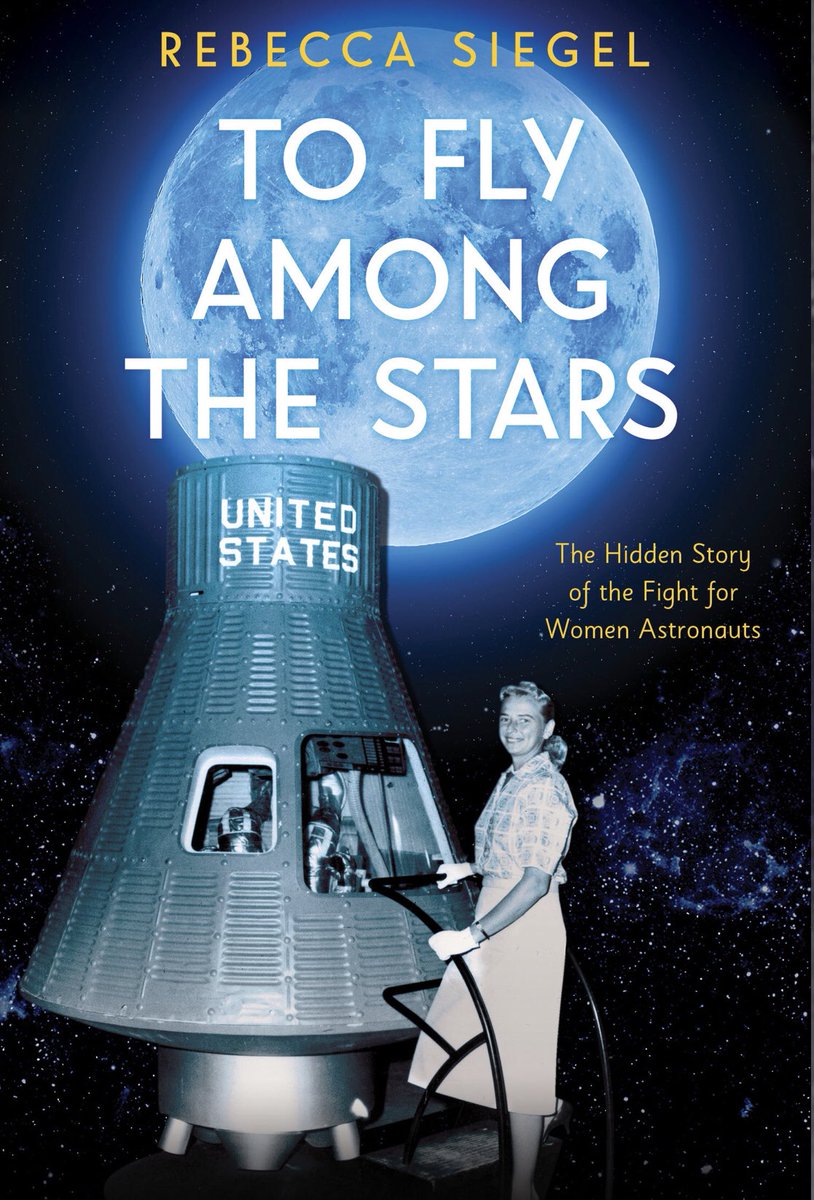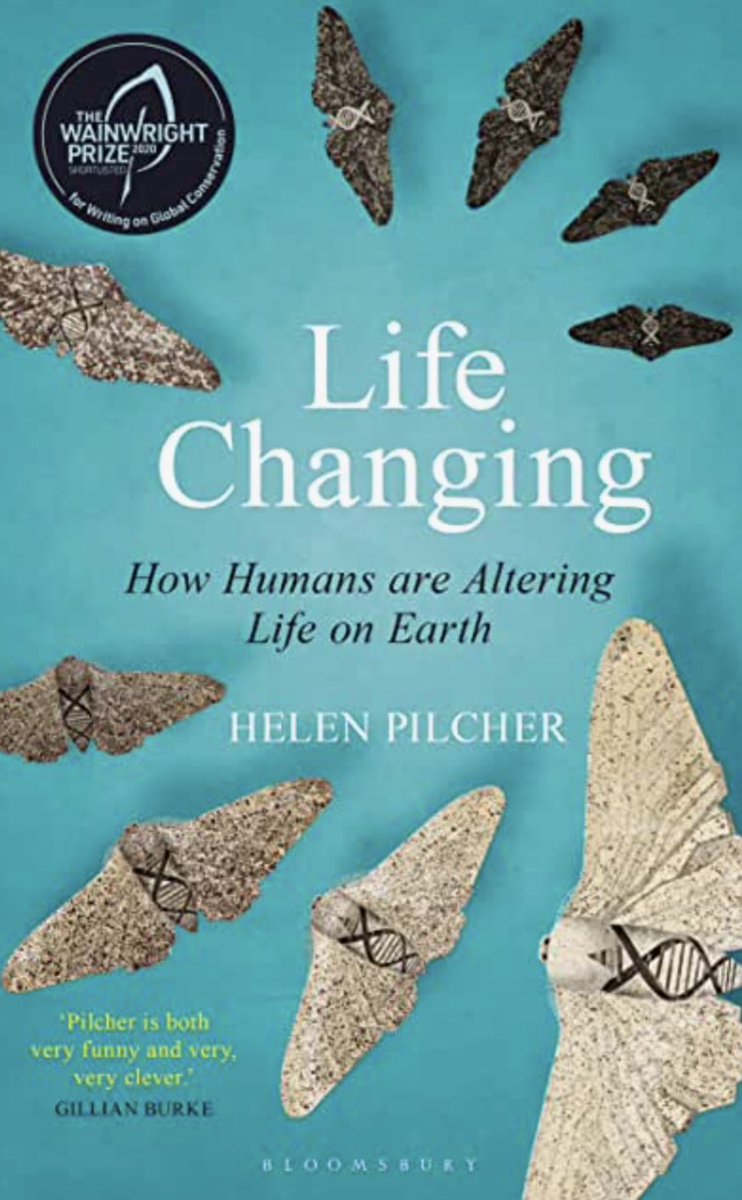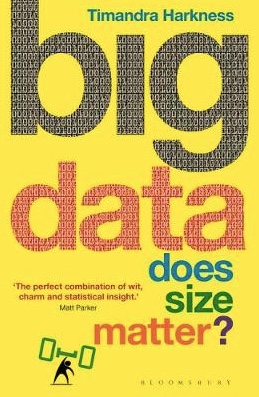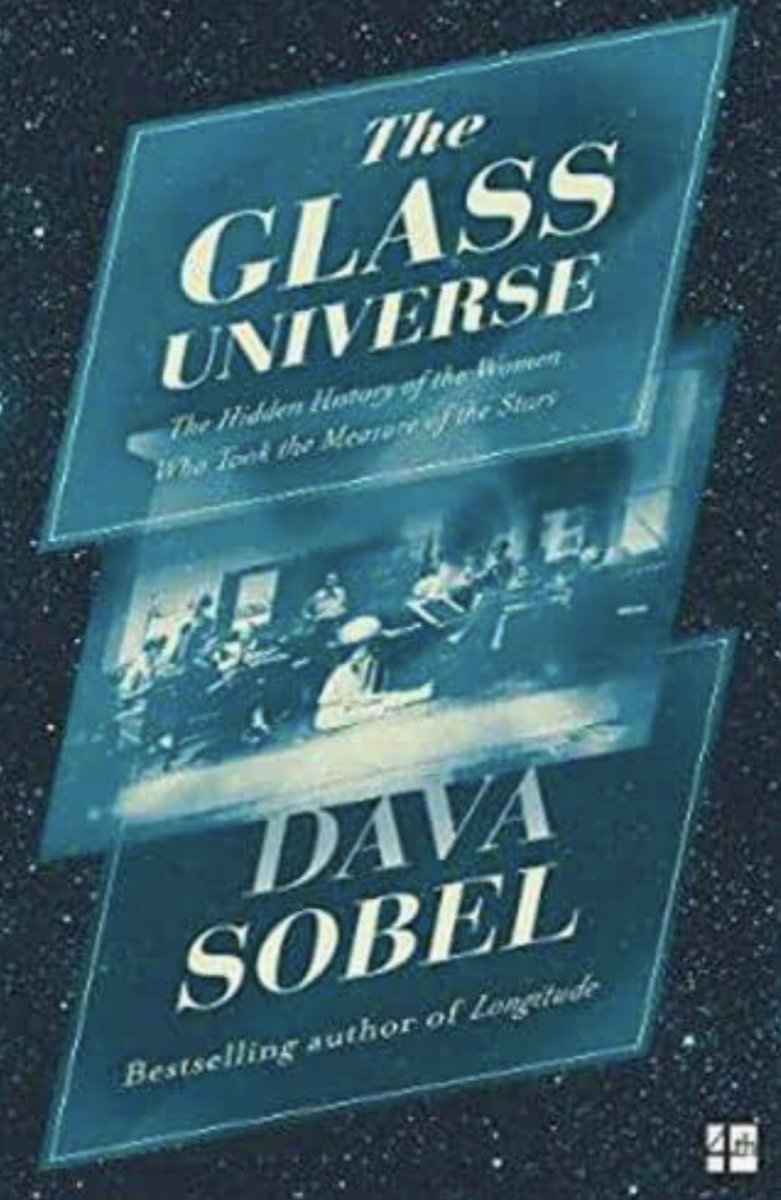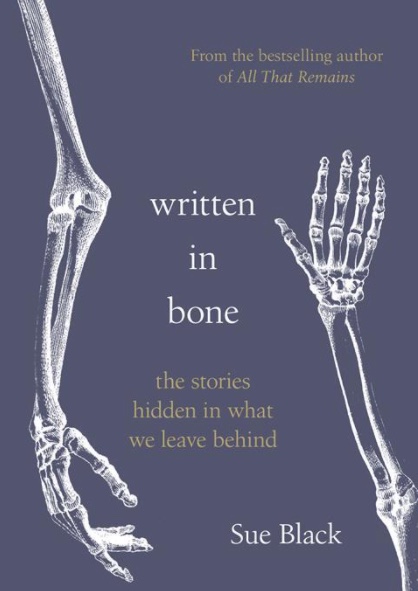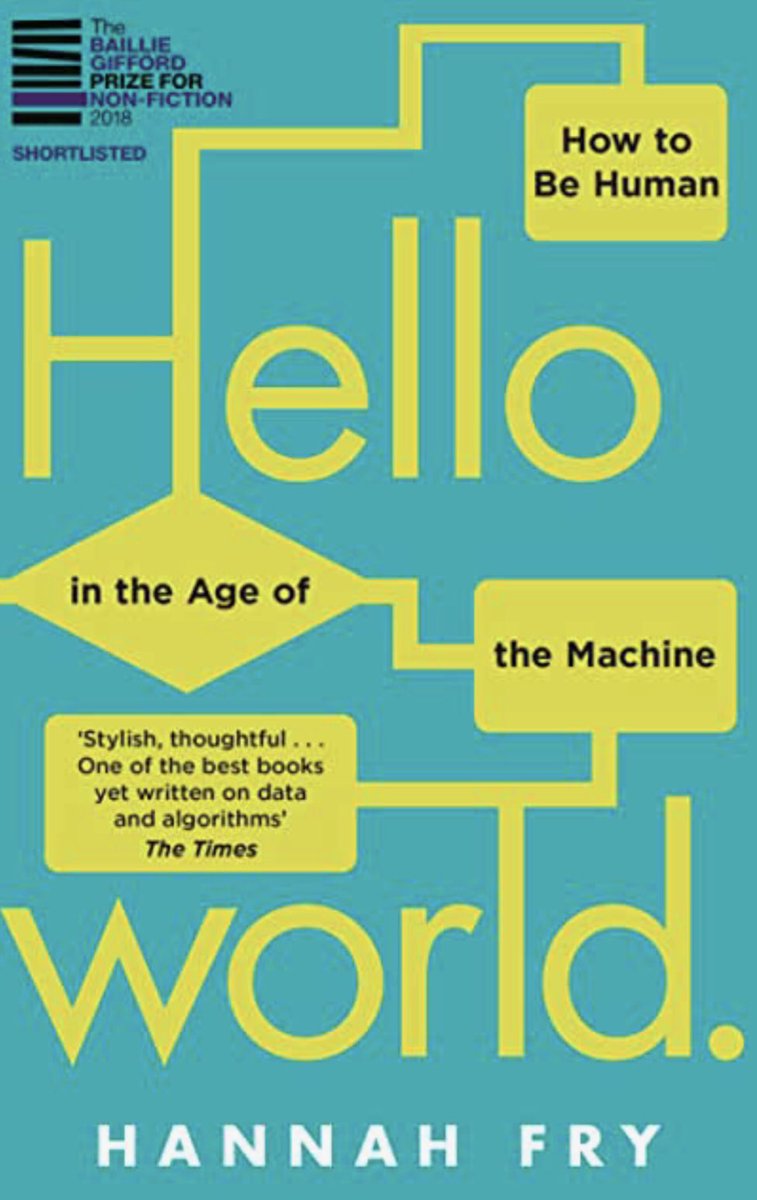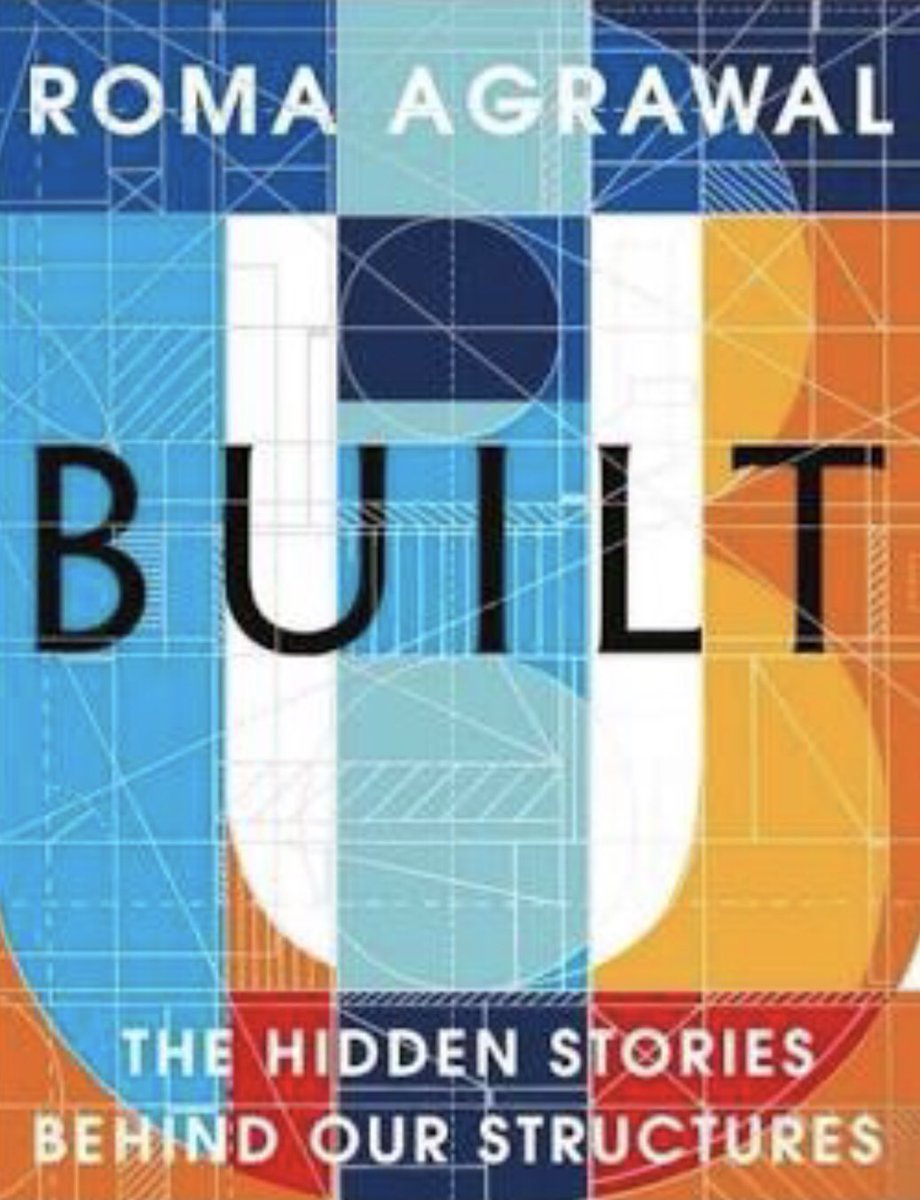Dec 1st. Inspired by @theAliceRoberts spotting mostly male science authors in bestseller lists, I’m doing a book advent calendar thread daily until Xmas to highlight women writers on STEM subjects/history (including space of course). Starting with a classic by Rachel Carson.
Dec 2nd. Considering vaccine news for UK this morning, Rebecca Skloot’s first book, The Immortal Life of Henrietta Lacks, is perfect for day 2 since HeLa cells were involved in - among other important medical advances - developing vaccines.
Dec 3rd - a more recent science book by a woman today. One that is just a week old in the UK and on my Xmas list. It’s First Light by physicist (Dr) Emma Chapman. ‘Switching on stars at the dawn of time’ is such a poetic and enticing subtitle... 

Dec 4th - Explaining Humans: What Science Can Teach Us about Life, Love and Relationships won the 2020 Royal Society Science Book Prize. Dr Camilla Pang - the youngest author to win the award - has ASD and ADHD and wrote it to create a “manual for humans”.
Dec 5th. This book was on the same shortlist in 2020. Gaia Vince was the first woman to win the Royal Society Book Prize in 2015 with Adventures in the Anthropocene. Transcendence is about human culture, individual intelligence and what makes us smart.
Dec 6th. So glad was asked to review this for The FT. Fascinating book and a great read (along with Angela Saini's Inferior and Cordelia Fine's Testosterone Rex). It's The Gendered Brain: The new neuroscience that shatters the myth of the female brain by Gina Rippon.
Dec 7th. Mentioned Inferior yesterday but it’s Angela Saini’s Superior: The Return of Race Science that will go on the virtual book advent calendar. Angela left Twitter after constant race attacks. A decision she’s not regretted. Delighted we will be working together in 2021 

Dec 8th. Another eye opening book. Invisible Women by Caroline Criado Perez. Subtitled Exposing Data Bias in a World Designed for Men, it reveals everything from. why more women are injured in car crashes to why smartphones are too big for women’s hands. Entertainingly shocking.
Dec 9th. Materials science and culture next with The Alchemy of Us by MIT scientist and science writer Ainissa Ramirez. It’s the story of how eight inventions - from clocks and photographic film to silicon chips - shaped humanity.
Dec 10th. A dynamic duo! Margot Lee Shetterly’s illustrated version of Hidden Figures (for younger readers) and this year’s equally superb To Fly Among the Stars (for young & old adults) by Rebecca Siegel about the Mercury 13. Women in space from engineers to wannabe astronauts.
Dec 11th. Out this year - Rebel Cell: Cancer, Evolution and the Science of Life by (Dr) Kat Arney. The pandemic has delayed many people’s cancer treatments and this is an accessible way to understand the disease and potential future treatments.
Dec 12th. The next author reminds me of the last one (Kat Arney) as she’s often described as ‘clever and funny’. Life Changing: How Humans are Altering Life on Earth by (Dr) Helen Pilcher has been short-listed for the Wainwright Prize for writing on global conservation.
Dec 13th. Today's recommended book is by a woman who is also a comedian and Radio 4 presenter. When it's never been more important to know about data, statistics, how people use data and why it matters, here's a great start. Timandra Harkness' Big Data: Does Size Matter?
Dec 14th. Dava Sobel first came to my attention with her brilliant Longitude. But my personal favourite (so far) is The Glass Universe as in 2004 I’d presented a radio programme about Harvard Observatory’s women ‘computers’ and their contributions to astronomy. This is superb.
Dec 15th. 2020 has felt like the world was about to end at times so why not read about five ways the Universe could end instead in Katie Mack’s The End of Everything: (Astrophysically Speaking). It’ll be much more fun.
Dec 16th. Helen Czerski’s Storm in a Teacup: The Physics of Everyday Life. That fridge magnet or cup of coffee could be the start of a beautiful relationship with science...
Dec 17th. Written In Bone: hidden stories in what we leave behind by anatomist and forensic anthropologist (Professor) Sue Black. Grizzly murder cases with professional and personal insight into a fascinating area of science.
Dec 18th of the women's science/space book advent calendar and it's a recommendation. Splitting: The Inside Story on Headaches by neuroscientist Amanda Ellison. As someone who was revisited by a huge migraine recently after years of relief, it is now on my to read list.
Dec 19th. Mathematician Hannah Fry’s book on machine intelligence and algorithms in Hello World: How To Be Human In The Age Of The Machine. Shortlisted for the Baillie Gifford and Royal Society Book prize.
Dec 20th. An engineering recommendation. Roma Agrawal worked on the spire (and base) of the Shard in London and wrote Built: The Hidden Stories Behind our Structures. You can hear my podcast iv with her here too - a fascinating career https://qeprize.org/podcasts/city-skylines

 Read on Twitter
Read on Twitter

